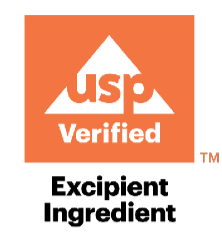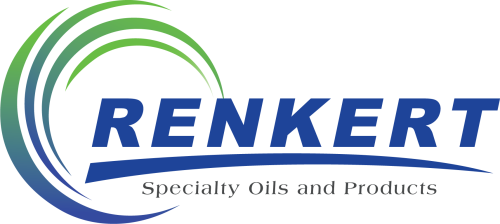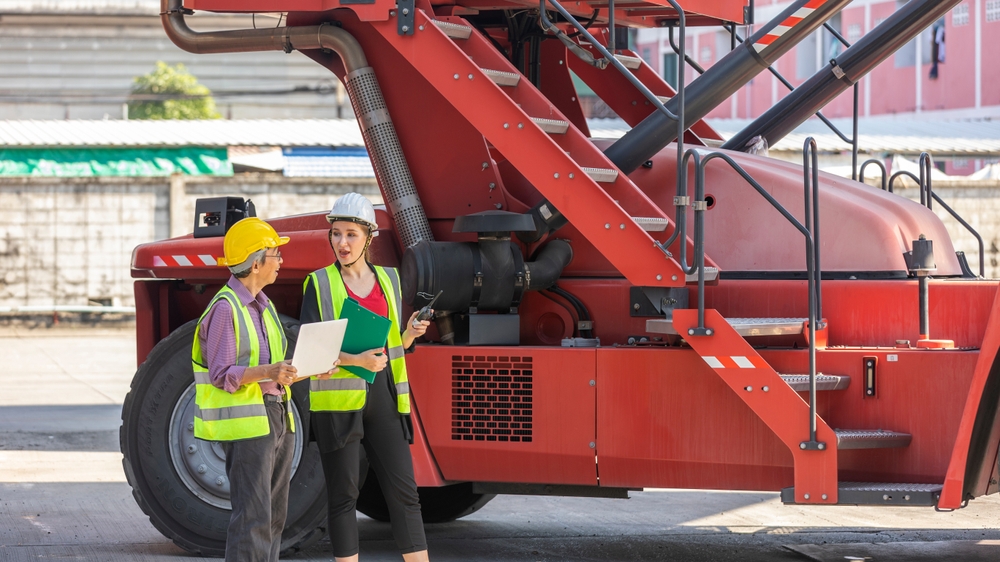Ensuring safety in your food-grade oil supply chain isn’t just a regulatory box to check—it’s a critical business responsibility that impacts public health, consumer trust, and business longevity.
Evolving regulations and heightened expectations for quality and sustainability mean businesses must prioritize safety, consistency, and compliance at every step of the production process, including sourcing.
Food-grade oils are an essential part of countless products, from packaged foods to pharmaceuticals. Here’s how businesses in these industries can ensure their supply chain operates at the highest standard.
Suzanne Kingsbury, Director of Quality
The Importance of Following Best Practices for Food-Grade Oil Supply Chains
There are a number of risks of failing to keep up with supply chain best practices.
1. Regulatory Risks
Since it was signed into law in 2011, the Food Safety Modernization Act (FSMA) has established the legal parameters for quality standards in the food industry.
The penalties for failing to uphold the standards set out in the FSMA vary based on the nature of the infraction, but, as per the FDA’s website, they include things like advisory letters, seizure or injunction, administrative detention, mandatory recall, and suspension of registration.
2. Reputational Risks
Recalls, regulatory suspensions, or news of contamination of any kind are enough to seriously damage your firm’s reputation.
This is especially relevant at a time when public skepticism of the food industry is rising.
For example, more than 40% of U.S. adults have little to no confidence in the federal government’s ability to ensure safety in the food supply and 27% have little or no confidence that food in grocery stores is safe to eat. Both of these numbers are 10% higher than they were as recently as 2019.
This loss of consumer confidence can have sudden and lasting impacts on your ability to attract and retain customers, and ultimately hurt your bottom line.
3. Environmental Risks
While safety and quality take center stage, there are also risks posed to the environment by supply chain mismanagement.
Environmental responsibility in the food industry extends from proper handling and waste disposal practices to emissions and plastic pollution.
Working with suppliers who are also conscious of their environmental impact allows you to market your product to consumers as sustainable, and avoid the reputational damage that can come with failing to be “green.”
Three Pillars of a Safe Food-Grade Oil Supply Chain
So how can businesses keep their supply chains safe and mitigate these risks?
1. Stay Ahead of FSMA Compliance
The FSMA establishes stringent guidelines to ensure food safety throughout the supply chain. It was established in large part to protect consumers from issues related to
- Environmental contamination
- Terrorism
- Fraudulent labeling, and
- Non-compliant imports
Laws and standards continue to evolve, so staying informed is crucial. Partnering with suppliers who prioritize compliance and have systems in place to adapt to new regulations is one way to keep up with new changes to federal requirements.
2. Work Only with SQF-Certified Suppliers
Another way to stay ahead of FSMA updates and industry practices is to work with Safe Quality Food (SQF) certified suppliers. These suppliers achieve certification through annual audits that check that they have things such as
- Effective quality management systems,
- Thorough documentation and record keeping,
- Established protocols for product handling,
- Employee education programs, etc.
In addition to simplifying audits and causing fewer compliance headaches, this certification offers a guarantee of adherence to global food safety standards and a reliable foundation for maintaining trust with your customers.
3. Ask the Right Questions to Protect Your Business
Never simply assume your suppliers are meeting expectations—confirm it. Suppliers who are on top of quality management protocols will be happy to tell you about it if you ask. Key questions include:
- Are you FSMA-compliant?
- Do you hold current SQF certification?
- How do you help secure the entire supply chain?
- What systems do you have in place to ensure safety and traceability?
- Can you provide a guarantee of compliance?
By proactively engaging with your suppliers, you’ll reduce risks and ensure alignment with your safety goals.
Achieving Peace of Mind: Sourcing Food-Grade Oils from Renkert Oil
The risks of having an unsafe link in your supply chain, especially for products like food and pharmaceuticals, can be astronomical for your business’s reputation and bottom line.
Working with a supplier who shares your concern means you don’t have to worry so much about the products that come into your facility.
Renkert Oil gets it. That’s why every year we renew our SQF certification and have worked hard to become the only white oil supplier in the U.S. to be USP Verified® (U.S. Pharmacopeia verified).
We also have a turnkey FSMA compliance protocol, where we work closely with our customers to ensure that they know how to abide by FSMA guidelines even once the products are in their hands.
If you’re interested in working with a specialty food-grade oil supplier that has the same standards for quality and safety as you do, contact Renkert Oil today.


